Toyota steps up to the plate for Tundra and Lexus LX 600 owners with the company confirming that it will be replacing over 100,000 faulty engines after the company issued a recall for the problem back in May.
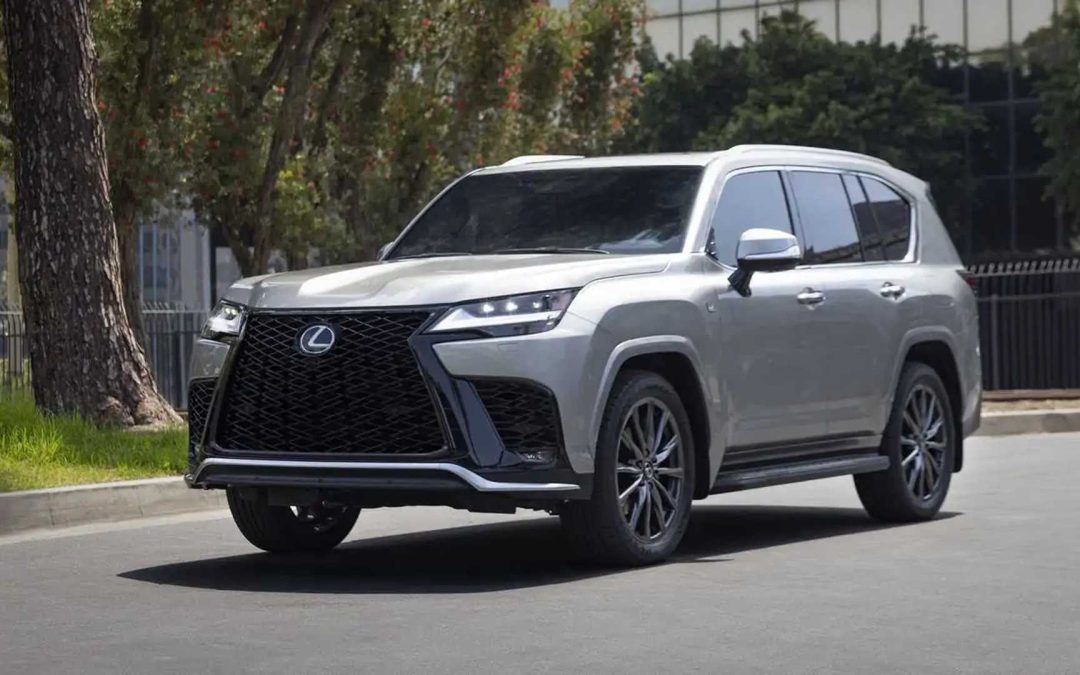

Toyota steps up to the plate for Tundra and Lexus LX 600 owners with the company confirming that it will be replacing over 100,000 faulty engines after the company issued a recall for the problem back in May.
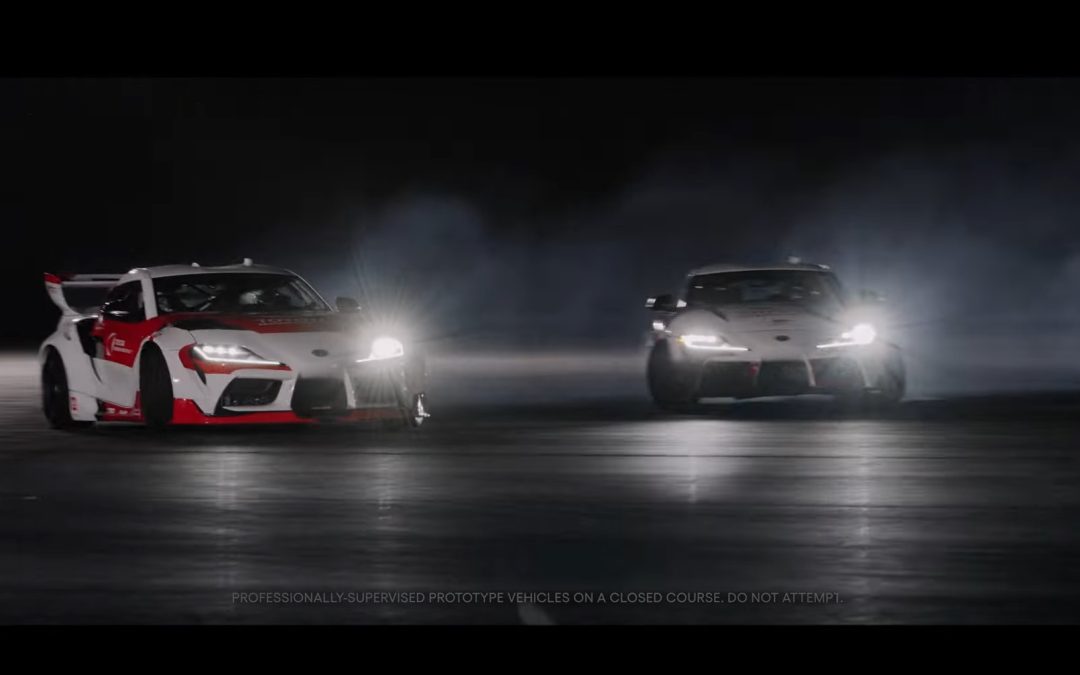
Toyota is experimenting with AI and autonomus vehicle technologies that will not only help expand the kinds of driver assistance technologies that will benefit consumers but also improve vehicle safety. A recent project involving newly developed self-drifting Supras is a glimpse into this tech and it has potential real-world applications.
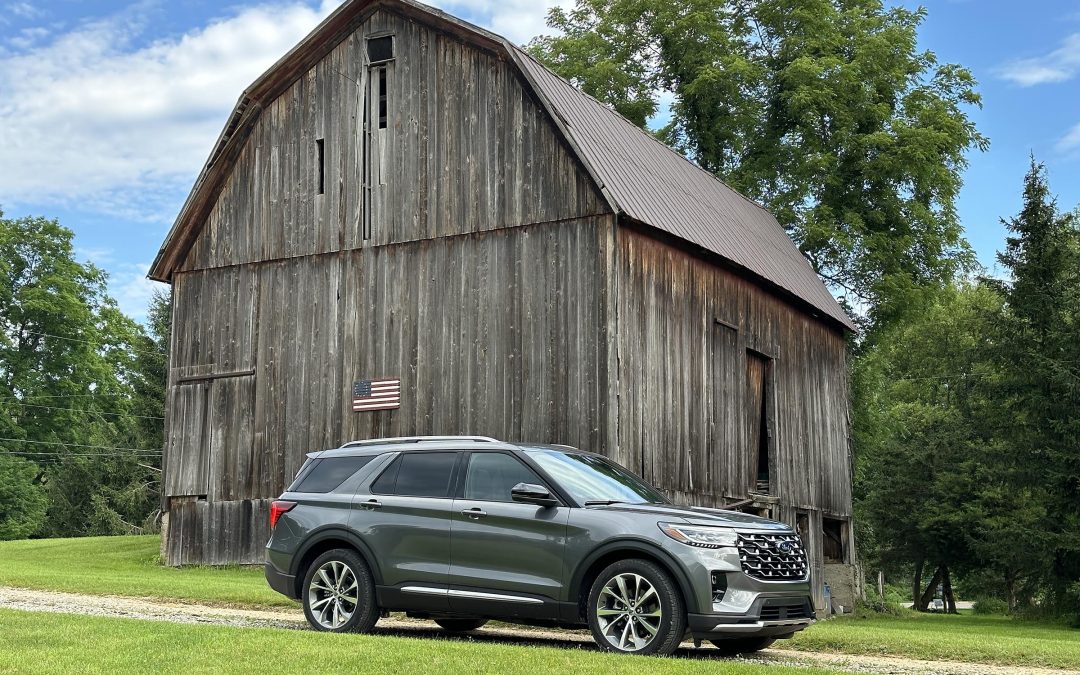
Since it made its debut nearly 35 years ago, The Ford Explorer has had a profound impact on the American auto industry, helping convince millions of motorists to move from sedans and coupes to SUVs and CUVs. Now, the automaker is rolling out a big update and while the 2025 Ford Explorer does get some design updates, much of the focus is on the new “Ford Digital Experience.” Headlight.News has this review.
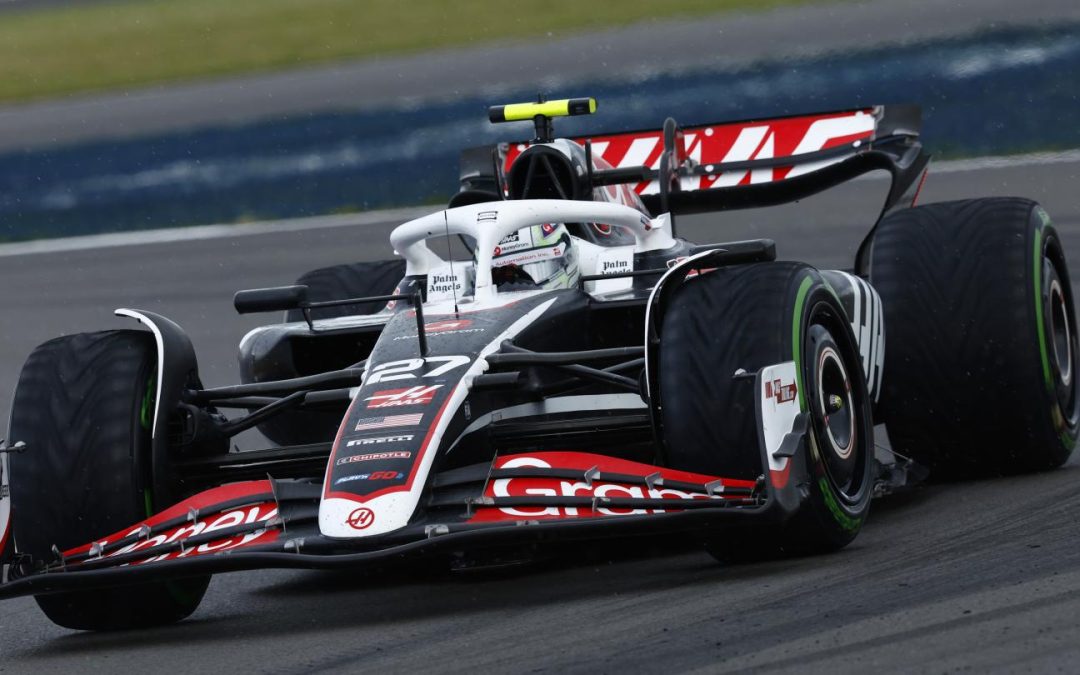
Will it or won’t it? That’s the big question in the racing world this week as Toyota reportedly prepares to announce plans to reenter Formula 1 racing. It would mark a return after a failed effort ended 15 years ago. But Toyota is said to be partnering up this time, likely with the American F1 Haas team.
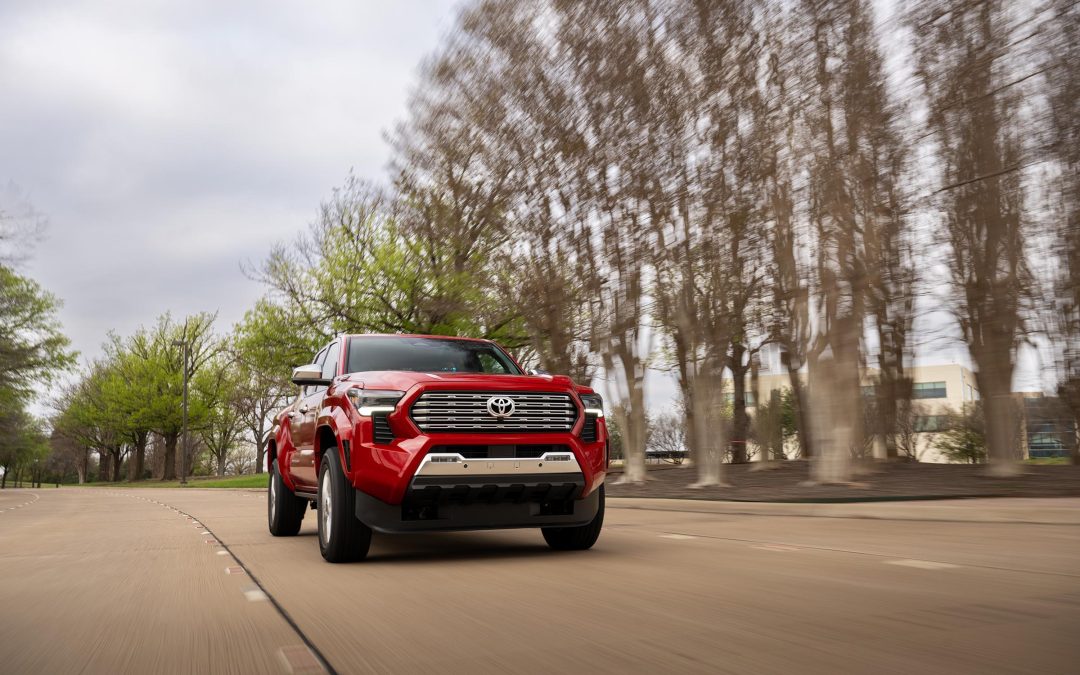
More than half of the automotive models now on sale offer some form of partial automation, whether to help steer, brake or accelerate. Manufacturers have promoted these technologies as a way to reduce crashes, injuries and fatalities – but, with the exception of front automatic emergency braking, a new study finds “partial automation…doesn’t confirm additional safety benefits.”
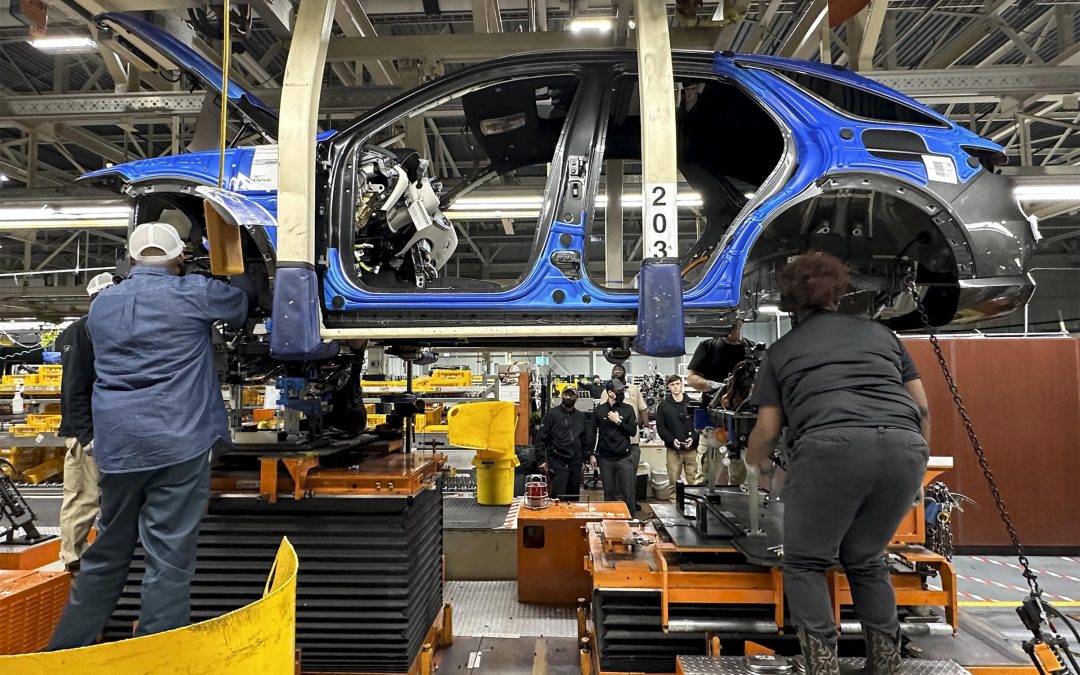
It’s been four decades since Honda started building Accords at a new plant in Marysville, Ohio. Today, foreign-owned manufacturers are producing more vehicles in the U.S. than Detroit’s Big Three. And the gap is only expected to widen, in part due to local production mandates covering battery-electric vehicles, reports Headlight.News.
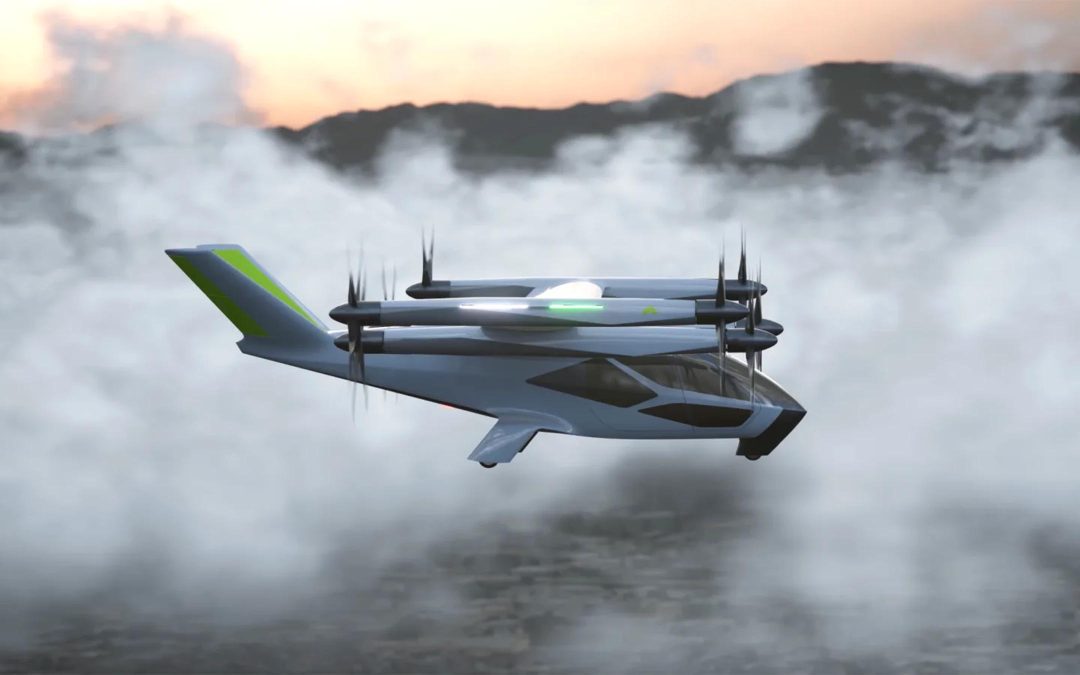
The future of transportation is looking up – quite literally. Imagine, instead of an hour to 1 ½ hour drive to the airport, you can hop into a flying taxi somewhere in or around your neighborhood and get to the airport to fly on your scheduled long-haul jet in less than 10 minutes. That would be a game changer for modern, personal travel. It’s actually happening sooner than you may think.
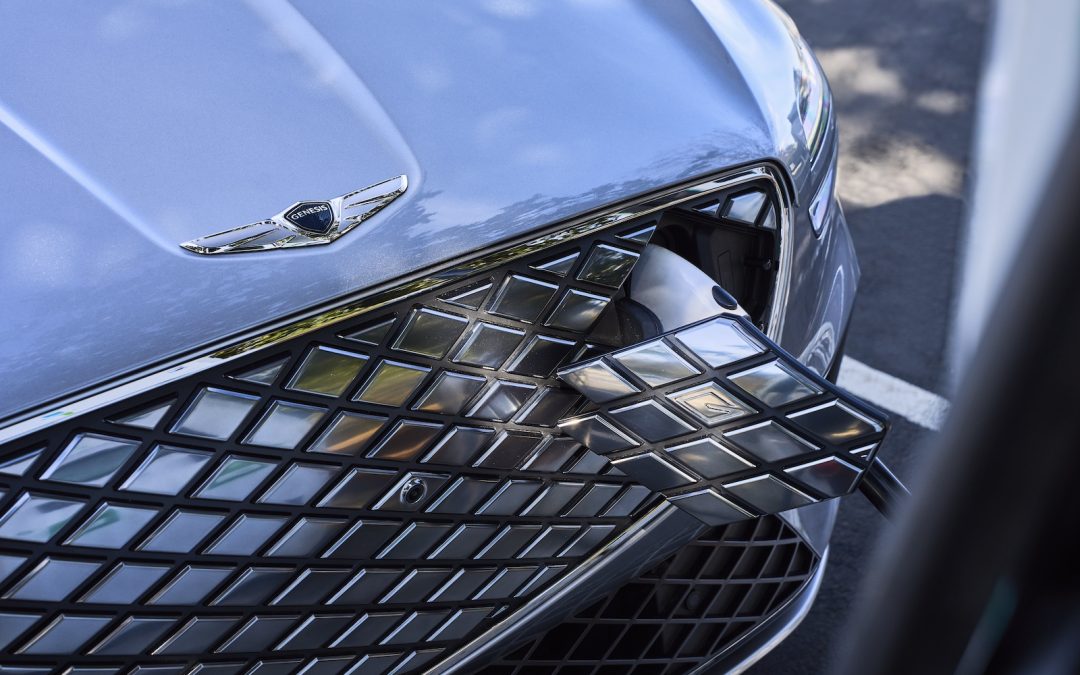
Hackers blurred the sales picture for June. But it appears that overall demand was less than stellar, major brands like GM, Toyota and Hyundai reporting modest declines for the second quarter overall. That said, EV sales were stronger than anticipated — with one key exception.
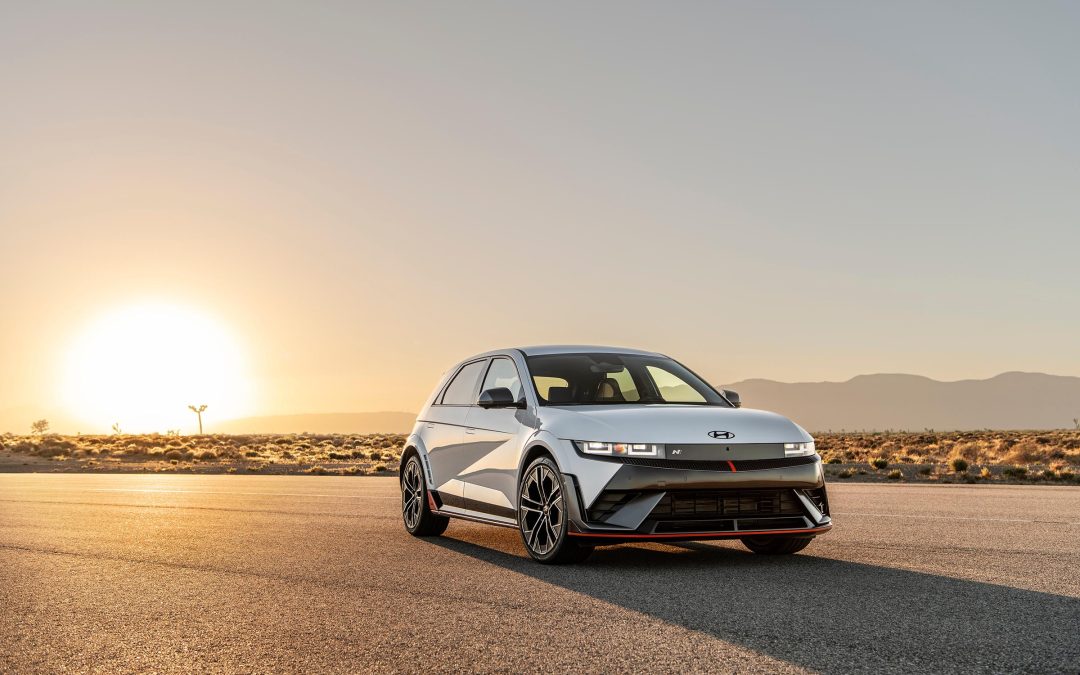
It’s become conventional wisdom that EV sales are slowing. With one high-profile exception, the latest numbers would tell you quite the opposite is true. As data roll in for June and the second quarter we’re seeing a number of manufacturers reporting solid increases...
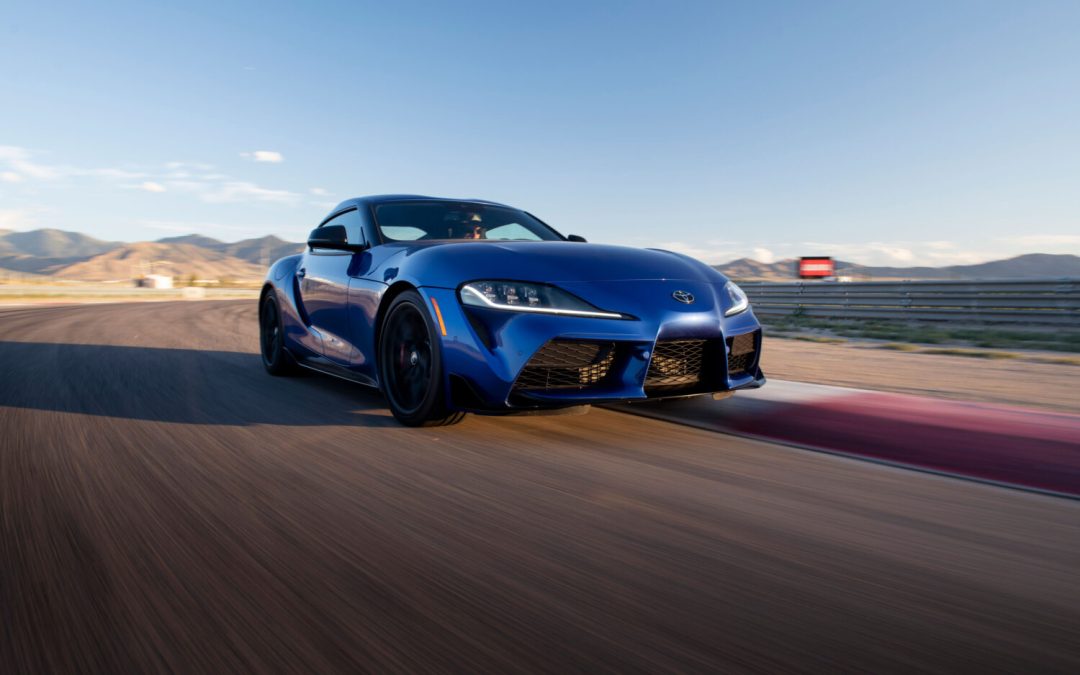
Toyota puts the Supra sports car on cruise control for its model year updates but announces the four-cylinder model is being axed due to slumping demand. All Supras will now be only available with the 3.0-liter inline six.

With fatalities rising fast, NHTSA has enacted rules requiring the use of sophisticated detection and auto-braking technologies intended to protect pedestrian – as well as those riding bicycles and motorcycles. But automakers are pushing back, claiming they can’t meet the new mandates set to go into effect in 2029.
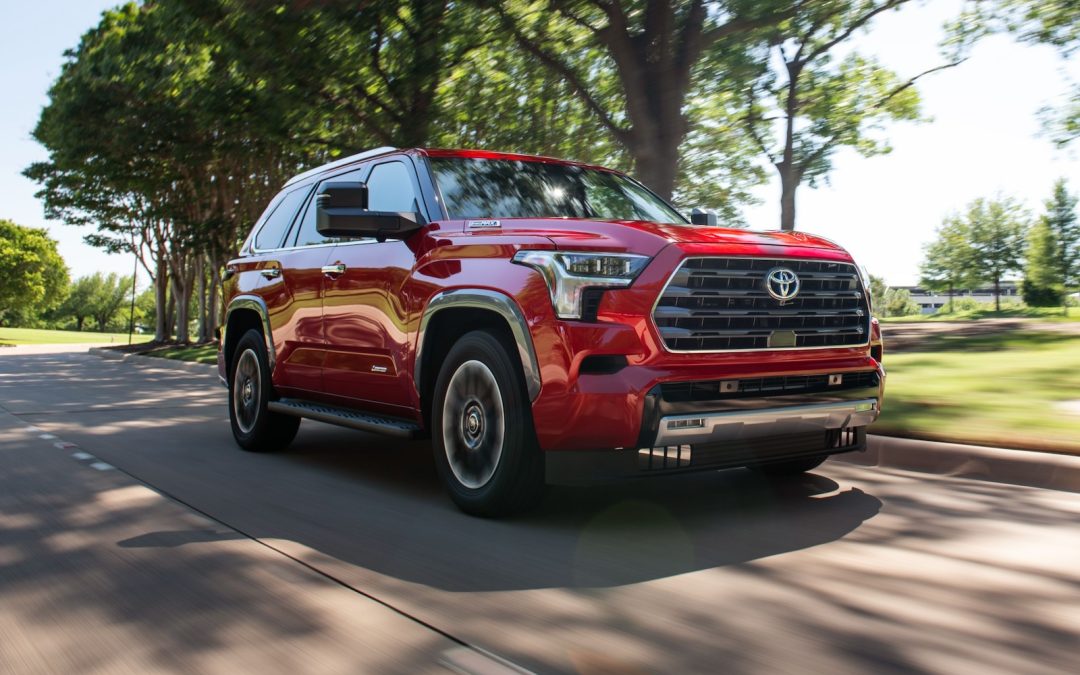
A good full-size SUV in a market filled with great ones.